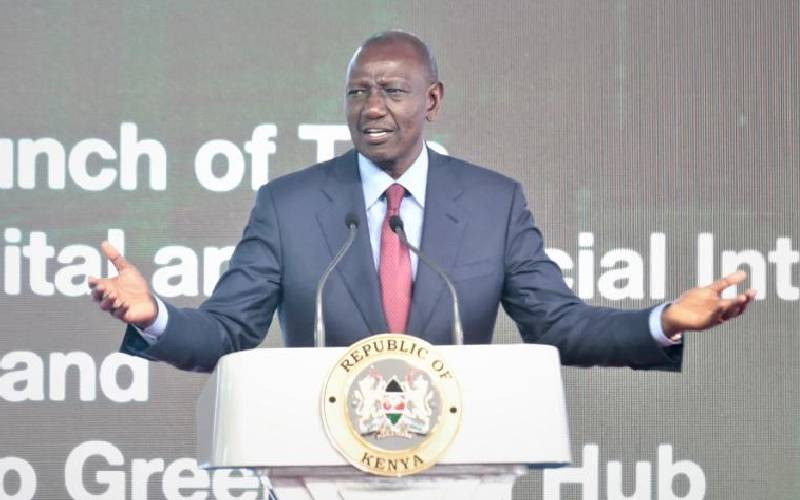Advocates must speak out. Always. Against injustices and to uphold the rule of law. After all, this is their Article 33 right.
Free speech is essential in democracies and is a key driver of access to justice and protecting the rights of all especially the vulnerable and the marginalised.
However, is this right unrestricted? The freedom of expression right is enshrined in Article 33 of the Constitution. It includes the freedom to seek, receive or impart information and ideas, the freedom of artistic creativity and scientific research.
It carries duties, responsibilities and restrictions. It is often an overlooked fact that according to Article 33 (2) of the Constitution, the right comes with the attendant constitutional duty to respect the rights and reputation of others. The right does not extend to propaganda for war, incitement to violence, and hate speech. One can also not claim freedom of expression to advocate for hatred that constitutes ethnic incitement, vilification of others or incites to cause harm.
In the context of the legal profession, when advocates are expressing their free speech right, they must be mindful of the Constitution, the Advocates Act, the Law Society of Kenya Act, and the LSK Code of Standards of Professional Practice and Ethical Conduct because they provide the mechanisms to regulate advocates.
In their 'free speech', advocates should be conscious of their duties. Professionally, advocates owe duties to the court, their clients, the public, the profession and to other advocates. An advocate's duty to the court is paramount.
The term 'learned friend' a gripe to many, should never be construed to mean that the legal profession is the most superior of all. It is opined that the term, borne out of tradition, merely denotes courtesy to peers in the profession. It is particularly useful when your opponent is making ludicrous arguments in the courtroom but you exercise restraint and address them as 'learned'.
Court decorum must never fall by the wayside. The term is also a reminder that advocates must continuously strive to be informed on the law and its interplay on prevailing social, economic, and political issues. Indeed, it is more a humbling term than lofty.
In the context of free speech therefore, it becomes apparent that advocates must never lose sight of the fact that they have special responsibilities by virtue of the privileges afforded the legal profession and the important role it plays in a free and democratic society and in the administration of justice.
Significantly, advocates' conduct must unwaveringly be in line with the LSK Code of Standards of Professional Practice and Ethical Conduct. This code outlines professional misconduct as conduct in breach of the rules, standards and ethics of the profession. The code is uncompromising that advocates must at all times maintain the highest standards of honesty and integrity towards clients, the court, colleagues and the general public.
The LSK should take lead in enforcing these standards and not leave it to courts to act in self-help to avoid deterioration of professional standards.
Thus, while exercising free speech and being in consonance with the Code and attendant duties, by no stretch of the imagination can this constitute depriving advocates of the freedom of expression. If anything, it upholds the constitutional duty of respecting the rights and reputation of others.
-The writer is an advocate and strategy advisor to the Chief Justice.
Stay informed. Subscribe to our newsletter
 The Standard Group Plc is a
multi-media organization with investments in media platforms spanning newspaper
print operations, television, radio broadcasting, digital and online services. The
Standard Group is recognized as a leading multi-media house in Kenya with a key
influence in matters of national and international interest.
The Standard Group Plc is a
multi-media organization with investments in media platforms spanning newspaper
print operations, television, radio broadcasting, digital and online services. The
Standard Group is recognized as a leading multi-media house in Kenya with a key
influence in matters of national and international interest.
 The Standard Group Plc is a
multi-media organization with investments in media platforms spanning newspaper
print operations, television, radio broadcasting, digital and online services. The
Standard Group is recognized as a leading multi-media house in Kenya with a key
influence in matters of national and international interest.
The Standard Group Plc is a
multi-media organization with investments in media platforms spanning newspaper
print operations, television, radio broadcasting, digital and online services. The
Standard Group is recognized as a leading multi-media house in Kenya with a key
influence in matters of national and international interest.





